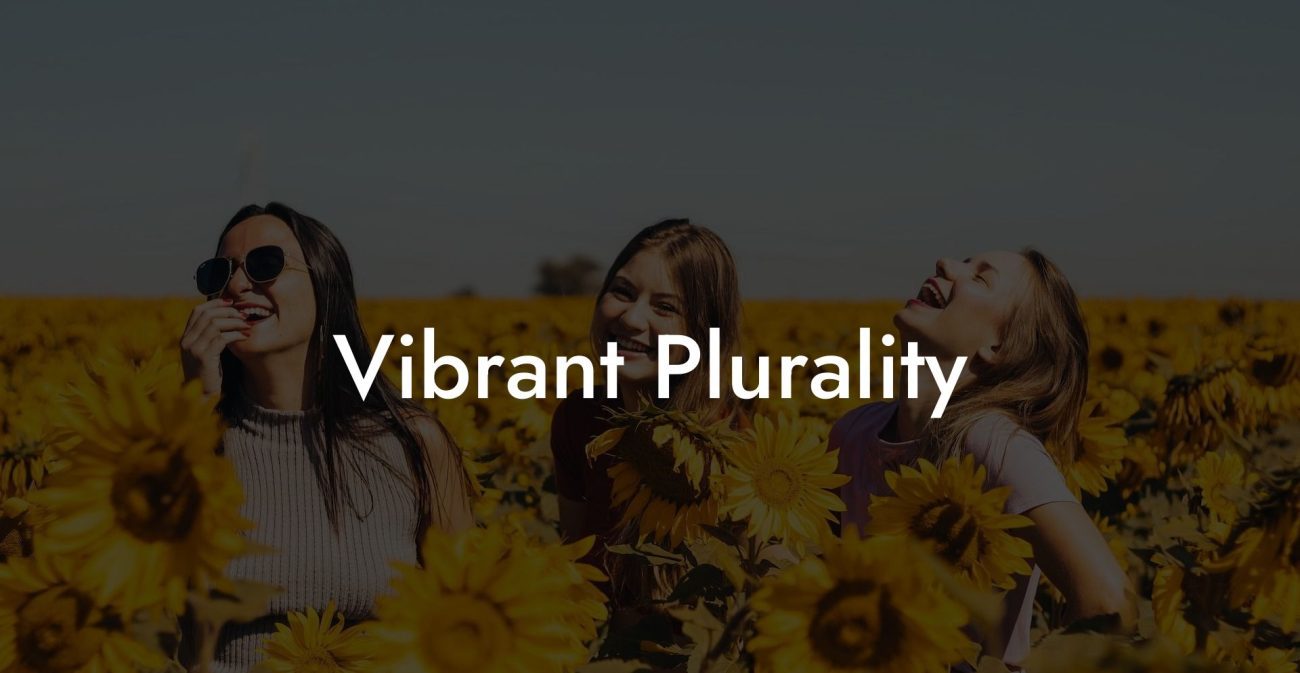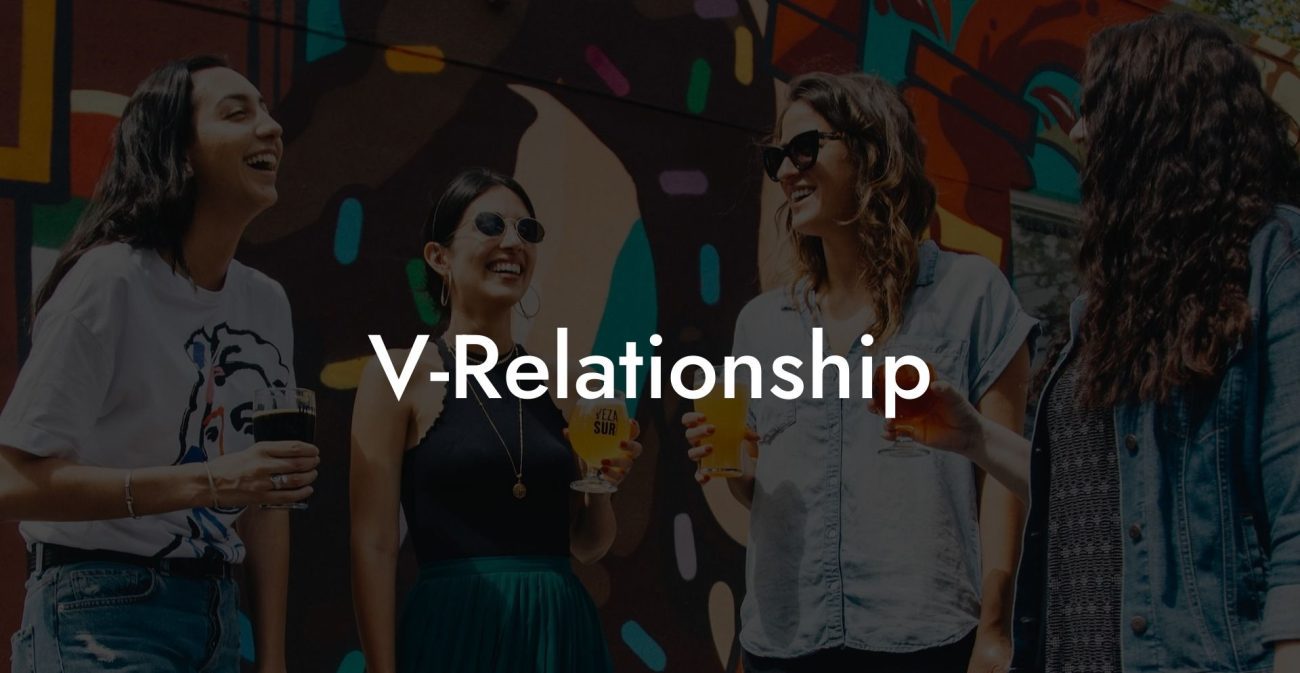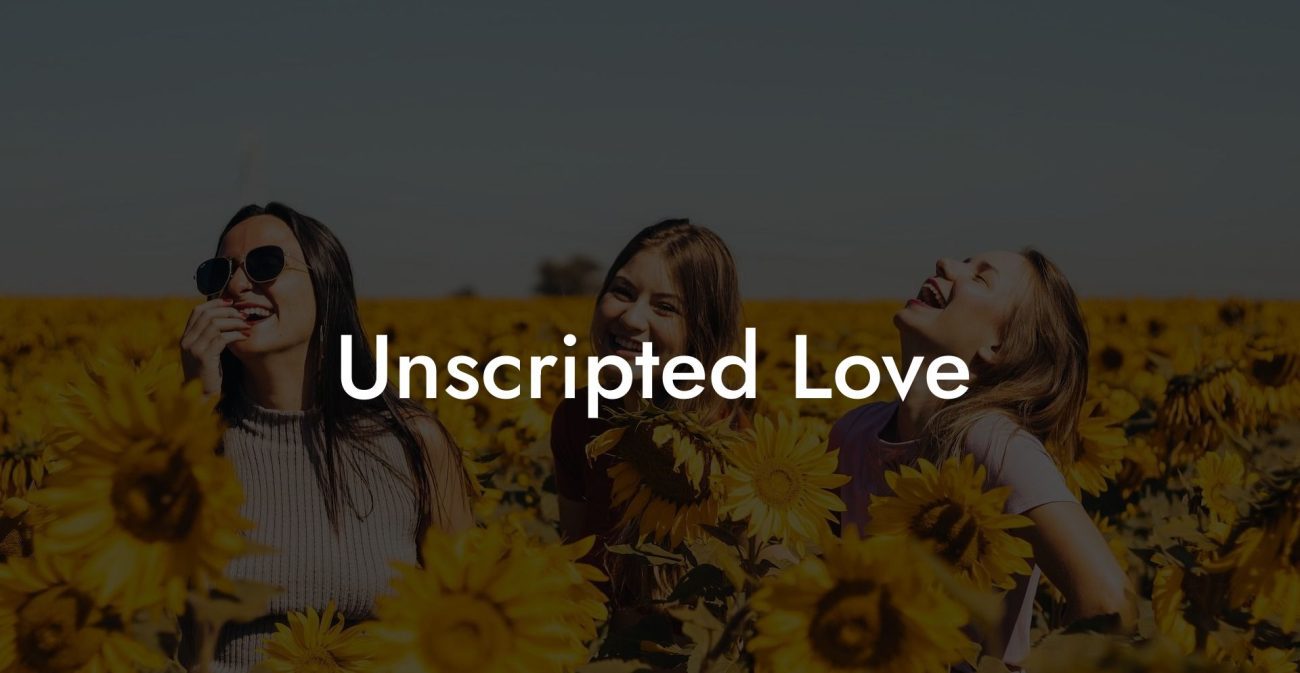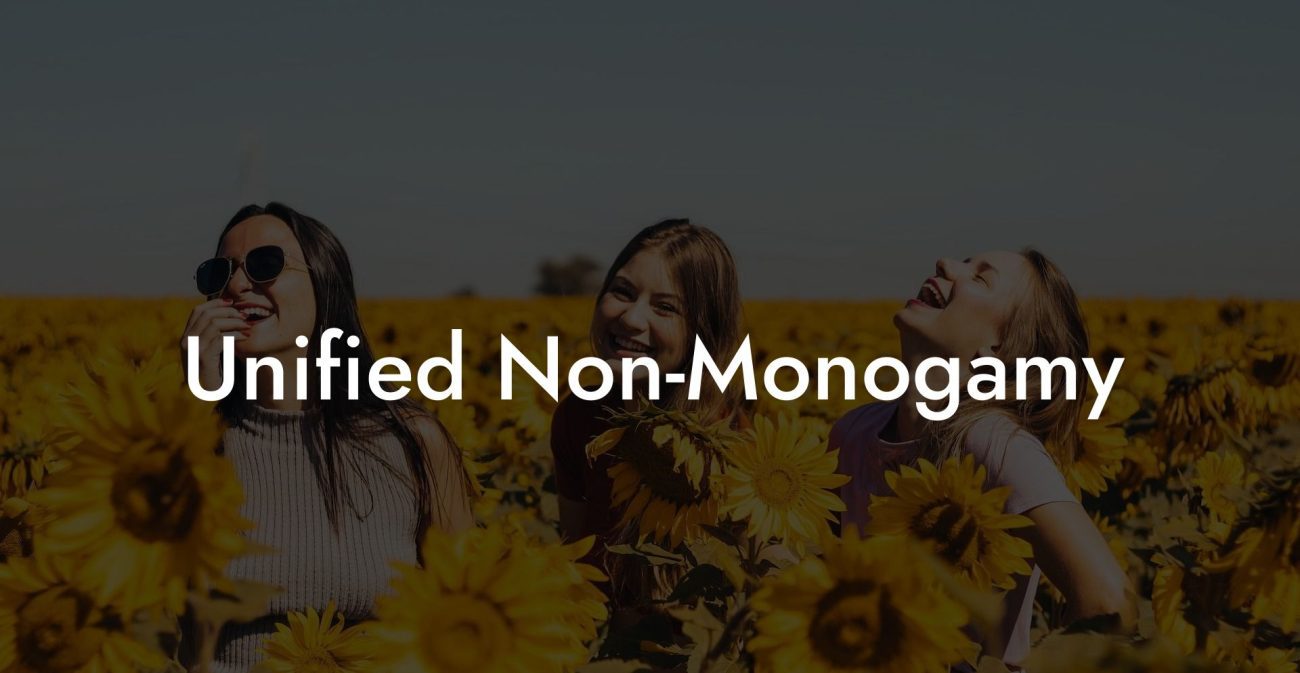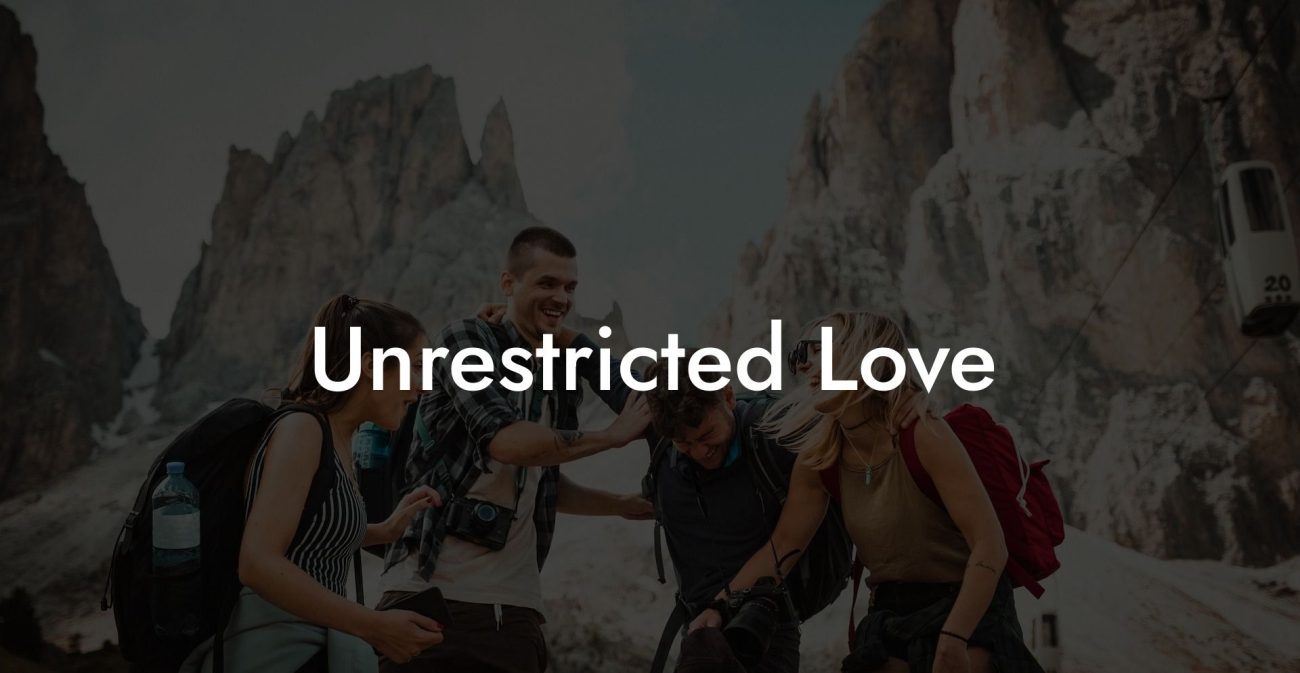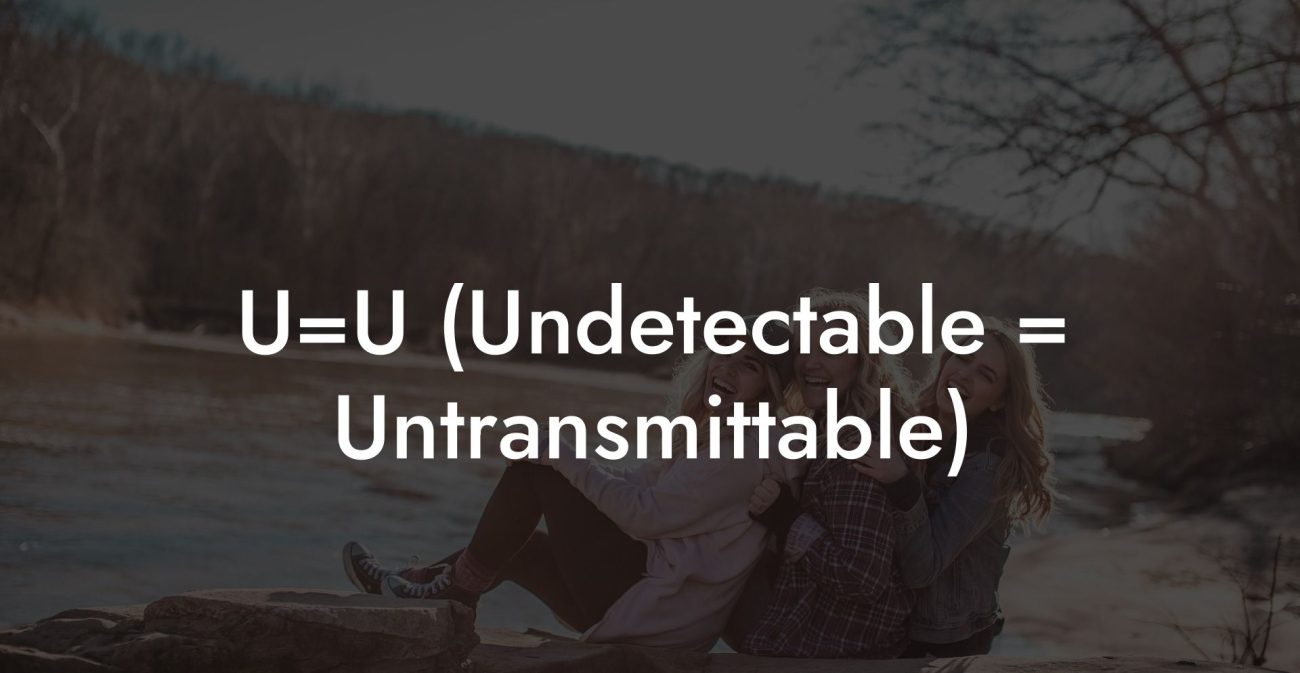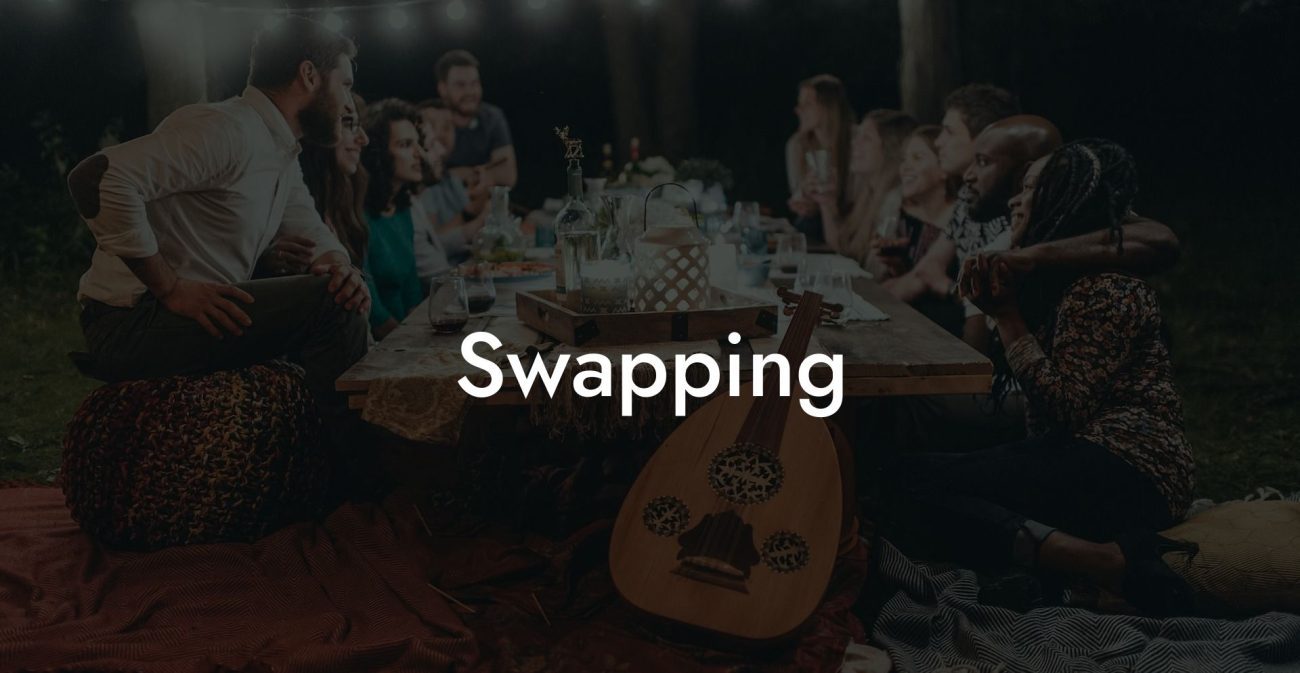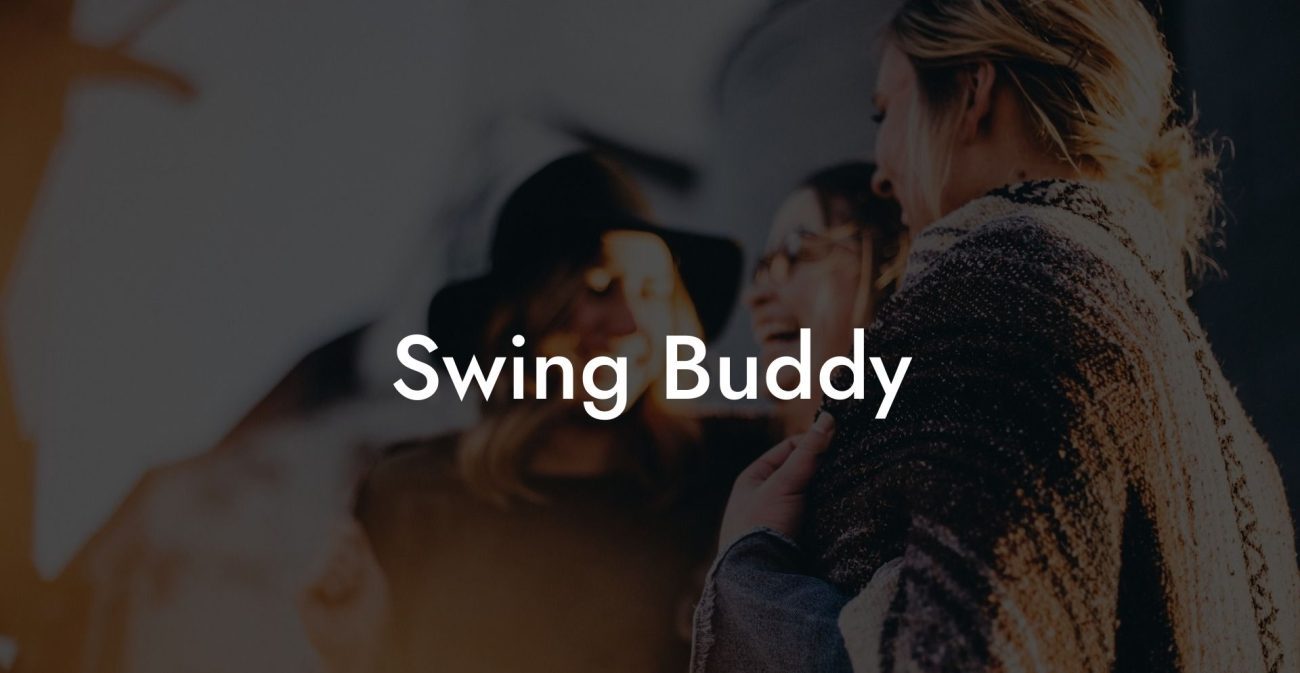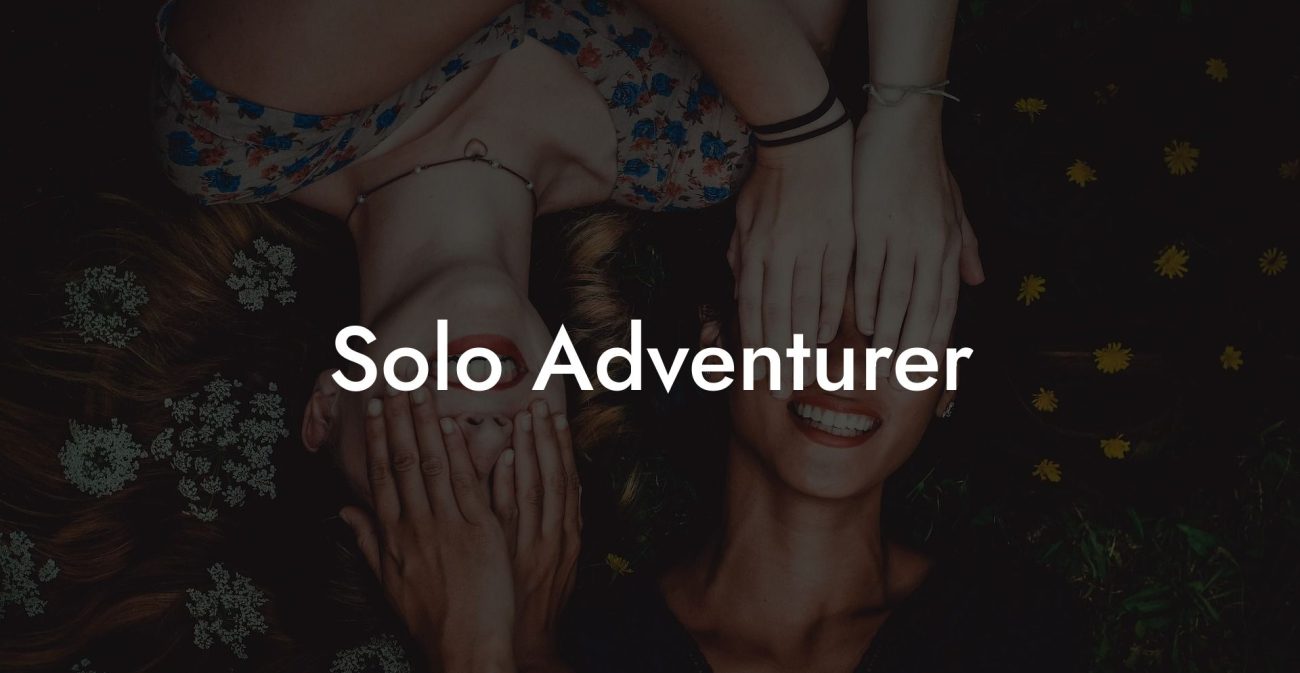Open-Heartedness
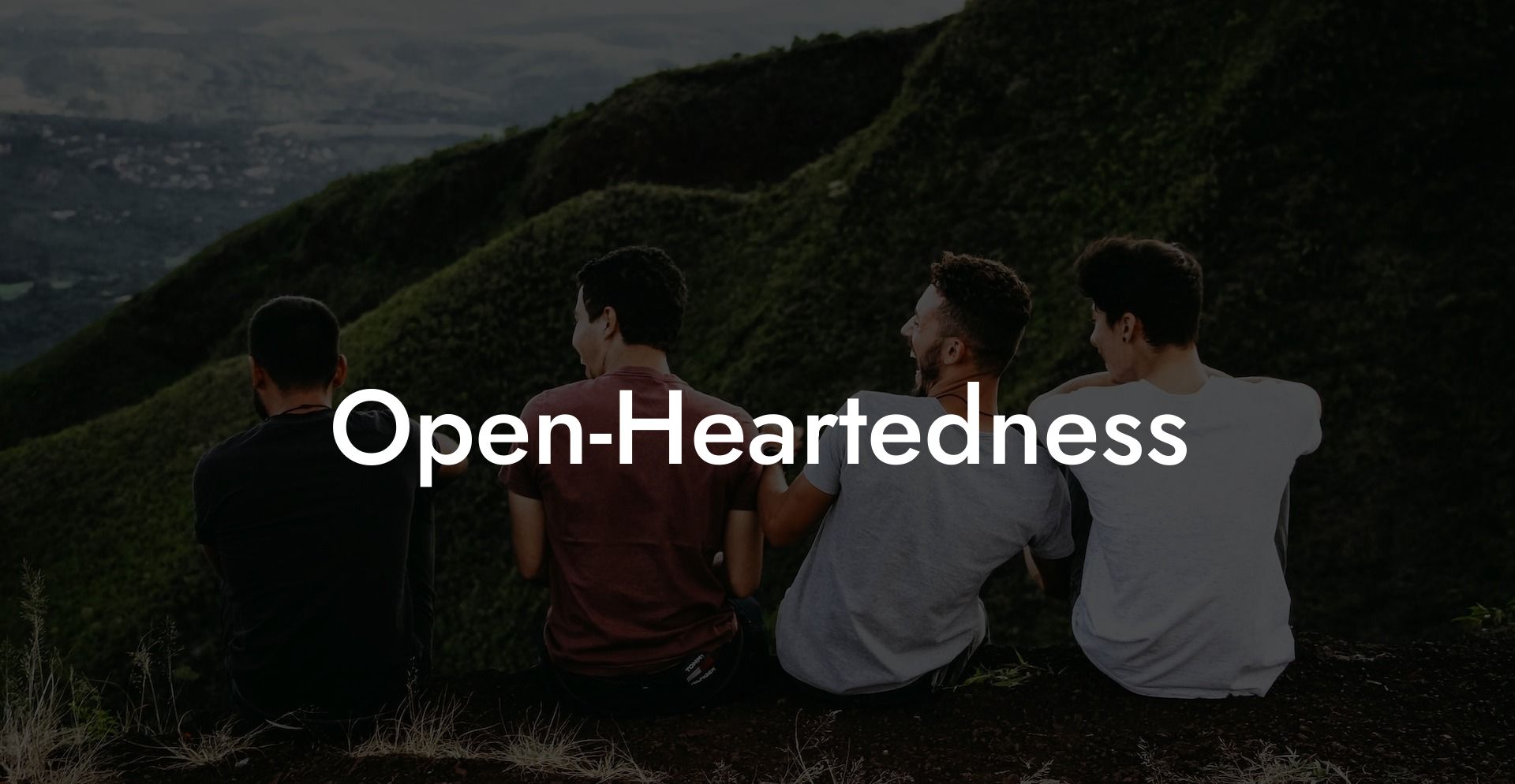
Imagine stepping into a space where vulnerability is celebrated, and every emotion is welcomed with warmth and acceptance—a place where you are free to share your true self without fear or reservation. Welcome to Open-Heartedness, a transformative concept in ethical non monogamy that centers on the courage to be vulnerable and the power of transparent love. In this model, open-heartedness is the cornerstone of deep, meaningful relationships, enabling you to form bonds that are as expansive as they are authentic. Whether you’re nurturing multiple partnerships or exploring new connections, open-heartedness invites you to approach love with empathy, compassion, and a fearless willingness to connect.
Have you ever wondered if monogamy is just a stupid little experiment? Open relationships, polyamory, relationship anarchy...find out which relationship dynamic suits you best with our one minute relationship test. See if you are just conforming to "societal norms". Reveal your truth >>
Quick Links to Useful Sections
- The Ethical Non Monogamy Term: Open-Heartedness
- What Is Open-Heartedness?
- Core Principles of Open-Heartedness
- Historical and Cultural Perspectives on Open-Heartedness
- Evolution from Guarded to Vulnerable Love
- Cultural Shifts in Modern Relationship Models
- Everyday Dynamics of Open-Heartedness
- Embracing Vulnerability in Daily Life
- Renegotiating Boundaries and Expectations
- Benefits of Embracing Open-Heartedness
- Deeper Emotional Connections
- Personal Growth and Empowerment
- Improved Communication and Conflict Resolution
- Collective Resilience and Support
- Challenges of Open-Heartedness
- Managing Fear of Vulnerability
- Maintaining Consistency in Communication
- Balancing Individual Needs with Collective Dynamics
- Navigating External Judgment
- Frequently Asked Questions (FAQ)
- Resources and Community Support: Your Next Steps
The Ethical Non Monogamy Term: Open-Heartedness
What Is Open-Heartedness?
Open-Heartedness is the practice of embracing vulnerability and allowing yourself to fully experience and express your emotions in all their complexity. In the context of ethical non monogamy, it means being willing to share your true feelings, communicate your needs honestly, and welcome the diverse experiences that each relationship brings. Rather than guarding your heart against potential hurt, open-heartedness encourages you to trust in the power of authentic connection, knowing that every act of vulnerability deepens the bonds you share.
At its core, open-heartedness is about letting go of fears and preconceptions, opening yourself up to the possibility that love can be abundant, varied, and constantly evolving. It is the quality that allows you to see beyond superficial differences and to appreciate the richness of each connection—whether it’s a passionate romance, a supportive friendship, or an unexpected bond that defies labels.
Core Principles of Open-Heartedness
- Vulnerability as Strength: Embracing vulnerability is essential to forming authentic connections. Rather than viewing emotional exposure as a weakness, open-heartedness teaches you to see it as a powerful tool for building trust and intimacy.
- Empathetic Listening: Being open-hearted means actively listening to others with empathy and compassion, ensuring that every voice is heard and every emotion validated.
- Transparent Communication: Honest, clear dialogue is crucial. Open-hearted individuals share their feelings and desires without fear of judgment, paving the way for mutual understanding and respect.
- Inclusivity and Acceptance: Open-heartedness fosters an environment where diverse forms of love and expression are embraced. It encourages you to welcome differences and celebrate the unique qualities each person brings to the relationship.
- Flexibility in Boundaries: Recognize that as you grow and evolve, your emotional needs and limits may change. Open-heartedness involves regularly renegotiating boundaries to ensure that every relationship remains healthy, consensual, and fulfilling.
- Mutual Empowerment: By sharing your true self and supporting others in doing the same, you create a network of relationships that empower every individual to thrive and grow together.
Historical and Cultural Perspectives on Open-Heartedness
Evolution from Guarded to Vulnerable Love
Historically, many cultures taught that protecting one’s heart was necessary to avoid pain and betrayal. Traditional romantic narratives often emphasized caution, reserve, and the need to shield oneself from potential harm. In monogamous contexts, this sometimes led to relationships built on unspoken rules and hidden emotions, where true vulnerability was discouraged.
However, the social revolutions of the 20th century—sparked by the sexual revolution, feminist movements, and the emergence of alternative relationship models—began to challenge these restrictive ideas. People started to question the wisdom of guarding their hearts and instead embraced the notion that vulnerability could lead to deeper, more authentic connections. The concept of open-heartedness emerged as a counterpoint to these traditional views, suggesting that love flourishes when it is expressed freely and without fear.
Cultural Shifts in Modern Relationship Models
In today’s globalized and digitally connected world, open-heartedness resonates strongly with those seeking authenticity and emotional depth in their relationships. Millennials and Gen-Z, in particular, are drawn to relationship models that encourage transparent communication and emotional risk-taking. The rise of online communities, relationship podcasts, and social media has further popularized the idea that vulnerability is not only acceptable but essential to building resilient, meaningful bonds.
Modern narratives celebrate open-heartedness as a key to unlocking the full spectrum of human connection. This cultural shift has paved the way for ethical non monogamy to thrive, as it requires a willingness to be emotionally present, honest, and adaptable—qualities that are now more valued than ever.
Everyday Dynamics of Open-Heartedness
Embracing Vulnerability in Daily Life
Practicing open-heartedness means making a conscious effort every day to let your guard down and connect with others on a deeper level. This can involve:
- Daily Self-Reflection: Spend time journaling or meditating to understand your current emotional state and identify areas where you can be more open.
- Regular Check-Ins: Engage in honest conversations with your partners—whether one-on-one or in group settings—to discuss your feelings, needs, and any challenges you’re experiencing.
- Active Listening: Practice empathetic listening in every interaction, giving others the space to share their experiences without interruption or judgment.
- Sharing Creative Outlets: Express your emotions through art, music, or writing. These creative practices can help you process and communicate your feelings in a way that feels authentic and empowering.
Renegotiating Boundaries and Expectations
As your emotional journey unfolds, your boundaries and expectations may evolve. Open-heartedness encourages you to continuously revisit and adjust these parameters to ensure that every relationship remains healthy and fulfilling.
- Regular Feedback Sessions: Schedule time for feedback with your partners to discuss what’s working and what needs to change.
- Adaptive Boundary Setting: View your relationship agreements as flexible guidelines that can be updated as your needs and circumstances evolve.
Benefits of Embracing Open-Heartedness
Deeper Emotional Connections
When you open your heart fully, you invite more authentic, intimate connections. The willingness to be vulnerable creates an atmosphere of trust and mutual understanding, allowing for richer, more satisfying relationships.
- Enhanced Trust: Transparency and vulnerability build trust over time, forming the foundation of lasting connections.
- Layered Intimacy: Open-hearted interactions lead to multifaceted relationships that are emotionally, physically, and spiritually fulfilling.
Personal Growth and Empowerment
Embracing open-heartedness is a journey of self-discovery. By allowing yourself to be vulnerable, you learn more about your true desires, fears, and strengths. This process not only enriches your personal growth but also empowers you to live more authentically.
- Increased Self-Awareness: Regular self-reflection helps you understand your emotional triggers and evolving needs.
- Empowerment Through Vulnerability: Sharing your true self, even when it feels risky, builds confidence and fosters a deeper sense of self-worth.
Improved Communication and Conflict Resolution
Open-heartedness lays the groundwork for clear, honest communication. By sharing your feelings and actively listening to others, you create a safe space for addressing conflicts and resolving misunderstandings.
- Proactive Dialogue: Regular, honest conversations help identify potential issues before they escalate into major conflicts.
- Empathetic Resolution: Open communication fosters empathy, enabling you to navigate disagreements with compassion and mutual respect.
Collective Resilience and Support
A network built on open-heartedness is resilient and supportive. When every partner is committed to honest, transparent dialogue, the collective strength of the group helps you navigate life’s challenges with confidence.
- Shared Strength: The mutual support that comes from open communication creates a robust safety net for everyone involved.
- Unified Growth: As each person grows and evolves, the entire network benefits from the shared wisdom and collective empowerment.
Challenges of Open-Heartedness
Managing Fear of Vulnerability
One of the most significant challenges of open-heartedness is overcoming the fear of vulnerability. The possibility of emotional exposure can be daunting, especially if you have experienced hurt in the past.
- Tip: Start with small, low-risk conversations to build your comfort level gradually.
- Tip: Practice mindfulness and self-compassion techniques to help manage anxiety around vulnerability.
Maintaining Consistency in Communication
In the busy pace of everyday life, it can be challenging to maintain regular, open dialogue. Without consistent communication, misunderstandings can arise, and emotional distance may develop.
- Tip: Schedule routine check-ins—even if they are brief—to ensure that your communication remains ongoing.
- Tip: Utilize digital tools like group chats or shared calendars to help keep everyone connected and informed.
Balancing Individual Needs with Collective Dynamics
While open-heartedness encourages shared vulnerability, it’s also important to balance your own emotional needs with those of your partners. This balance can be challenging when individual desires or triggers conflict.
- Tip: Engage in honest, one-on-one discussions with your partners about your personal needs and how they align with the group’s dynamic.
- Tip: Be open to renegotiating boundaries as necessary to ensure that everyone’s voice is respected and your emotional well-being is maintained.
Navigating External Judgment
Despite growing acceptance of diverse relationship models, traditional societal expectations may still cast doubt on the practice of open-heartedness. External criticism can sometimes lead to self-doubt or pressure to close off emotionally.
- Tip: Surround yourself with a supportive community of individuals who value transparency and vulnerability.
- Tip: Focus on your personal growth and the positive impact of open-hearted communication, allowing external opinions to fade into the background.
Frequently Asked Questions (FAQ)
1. What is Open-Heartedness in ethical non monogamy?
Open-Heartedness is the practice of embracing vulnerability and allowing yourself to experience and express your full range of emotions. In ethical non monogamy, it means engaging in honest, transparent communication with your partners and being willing to share your true self without fear.
2. How does Open-Heartedness differ from other approaches to intimacy?
Unlike guarded or reserved approaches, Open-Heartedness emphasizes vulnerability as a strength and encourages continuous, honest dialogue that deepens emotional connections.
3. What are the core principles of Open-Heartedness?
Core principles include embracing vulnerability, empathetic listening, transparent communication, inclusivity, flexible boundaries, and mutual empowerment.
4. How can I practice Open-Heartedness in my daily life?
You can practice it by engaging in regular self-reflection, scheduling routine check-ins with your partners, sharing your thoughts openly, and using creative outlets like journaling or art to express your emotions.
5. What benefits does Open-Heartedness offer?
Benefits include deeper emotional connections, increased self-awareness and personal growth, improved communication, and a more resilient, supportive network of relationships.
6. What challenges might I face when practicing Open-Heartedness?
Challenges can include managing the fear of vulnerability, maintaining consistent communication, balancing personal and collective needs, and navigating external judgment.
7. How important is communication in Open-Heartedness?
Communication is crucial—it ensures that every partner’s feelings are acknowledged, that boundaries are respected, and that the dynamic flow of emotions is maintained.
8. Can Open-Heartedness be applied to both monogamous and non monogamous relationships?
Yes, the principles of Open-Heartedness are universal and can enrich any relationship model by promoting authentic, empathetic connection.
9. How do adaptive boundaries contribute to Open-Heartedness?
Adaptive boundaries allow your relationships to evolve naturally, ensuring that as your emotional needs change, your connections remain healthy and consensual.
10. What role does self-reflection play in Open-Heartedness?
Self-reflection is essential—it helps you understand your true emotional needs, track your personal growth, and ensure that your interactions remain authentic and aligned with your inner self.
11. How do shared experiences enhance Open-Heartedness?
Shared experiences deepen the emotional bonds between you and your partners, creating a collective tapestry of memories that reinforces the strength and resilience of your relationships.
12. Where can I find additional resources on Open-Heartedness and ethical non monogamy?
Additional resources include books like The Ethical Slut by Dossie Easton & Janet Hardy, podcasts such as Multiamory, and online communities like r/polyamory that explore strategies for fostering vulnerability and authentic communication.
Resources and Community Support: Your Next Steps
- The Ethical Slut by Dossie Easton & Janet Hardy – A foundational text that delves into the principles of ethical non monogamy and offers insights into practicing Open-Heartedness.
- Podcasts: Listen to Multiamory and similar shows for expert advice, personal stories, and creative ideas on cultivating open and honest communication.
- Online Communities: Join forums such as r/polyamory to share experiences, ask questions, and connect with others who value vulnerability and transparency in relationships.
- Workshops and Webinars: Attend events on relationship psychology, ethical non monogamy, and creative communication to deepen your understanding and expand your support network.
- Therapy and Counseling: Consider professional guidance if you need help managing complex emotions or navigating challenges related to vulnerability and open dialogue.
By engaging with these resources and incorporating the practical strategies outlined in this guide, you can fully embrace Open-Heartedness as a transformative approach to intimacy. Celebrate your ability to love authentically, nurture deep connections through vulnerability, and let your relationships flourish in a dynamic, supportive network of shared, honest, and empowered love.
Lost & confused by all of the terms, types and seemingly made up 3 letter acronyms?? We've got you. Check out our Ethnical Non-Monogamy Dictionary >>
Useful Interruption: Not sure which relationship vibe fits you best? Take our Relationship Test, it’ll give you the real insight into your natural relationship style. Then, dive into our binge-worthy guides (from the tried-and-true to the “wait, that’s a thing?”) and find the perfect relationship type for your life:
- Monogamy
- Open Relationships
- Ethical Non-Monogamy
- Solo Polyamory
- Non-Hierarchical Polyamory
- Hierarchical Polyamory
- Relationship Anarchy
- Swinging
Now back to the main article but yeah take the test...

